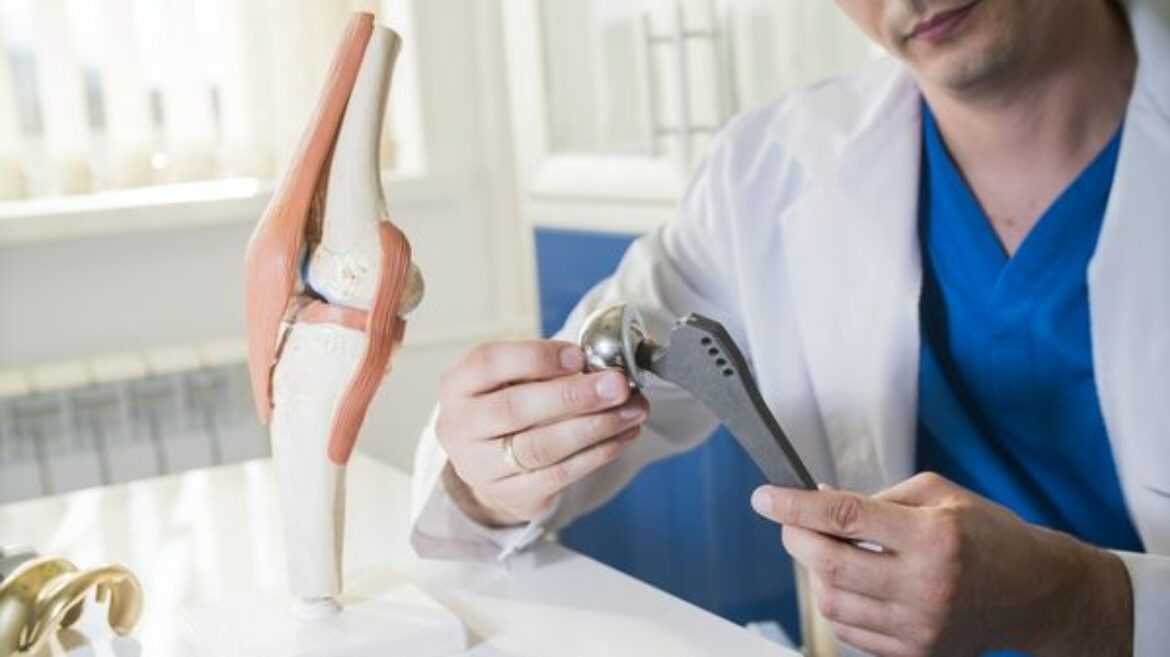The reason why people visit health specialists is to get treated for various medical issues and also to seek quick recovery from minor and severe injuries. After visiting the doctor, a patient can be given prescriptions for treating different illnesses such as blood pressure and pain.
However, when a patient’s health becomes worse because of using a certain medical device, then the company responsible for manufacturing the device can be held liable. If you or someone you are related to has been involved in such a matter, contact our defective medical device lawyers at Hare, Wynn, Newell, & Newton and we will offer you legal assistance. Schedule a free consultation today to learn how we can help you get the compensation you deserve.
Contents
- 1 Reasons a Medical Device Would Be Recalled
- 1.1 Poor Information
- 1.2 Faulty Design
- 1.3 Improper Testing
- 1.4 Hiding Negative Information
- 1.5 Packaging Issues
- 1.6 Off Label Usage
- 2 Classes of Medical Devices Recalls
- 2.1 Class 1
- 2.2 Class 2
- 2.3 Class 3
- 3 Common Defects In Medical Devices
- 3.1 Improper Manufacturing
- 3.2 Incomplete Or Imperfect Approval Process
- 4 How Long Do I Have To File A Defective Medical Device Lawsuit?
- 5 How Much Does It Cost To File A Defective Medical Device Lawsuit?
- 6 How Can We Help You With A Defective Medical Device Lawsuit?
- 7 Review Your Claim With Our Defective Medical Device Lawyers
Reasons a Medical Device Would Be Recalled
From knee implants to cardiac devices, patients commonly rely on such devices to improve their overall health. However, if medical equipment does not comply with all the regulatory compliance, then it is considered to be unfit for public use. The world of new medical equipment is growing by the day and as these devices keep on being introduced in the market, the number of recalls keeps on rising as well. According to the FDA, many recalls have been made because of the following reasons.
Poor Information
Medical devices are required to have clear instructions on how to be used and maintained. The manufacturer is supposed to provide this information along with warning signs. However, if a patient uses a medical device without adequate information and gets injured, then the manufacturer may be sued for providing a defective device.

Faulty Design
Another reason for medical device recalls is faulty design, especially for internal devices. Because of faulty design, some of these internal devices have caused more harm to the victims after becoming loose when it is still inside the body.
Improper Testing
Companies invest a lot of money in creating advanced medical devices and the only way they get their returns on this great investment is by selling these devices. Because of this reason, many medical devices are tested within a short period yet patients are required to rely on them for years. Once a medical device tests positive during the first clinical trials, the other procedures are rushed without considering long-term usage.
Hiding Negative Information
Not all medical devices are perfect even though manufacturers make them seem that way. That is because many brands only provide positive information about the product but minimize negative information. However, with the help of a medical device attorney, such data can be revealed through proper investigation.
Packaging Issues
The packaging is another issue that has caused a recall of many medical devices. According to the FDA, medical equipment should be labeled and safely packed to avoid leaking.
Off Label Usage
A company is granted permission by the FDA to introduce its medical device to the market after completing the approval process. During the approval process, the company states the specific purpose of this new medical equipment before being allowed to sell the product. However, if the medical device is used outside that purpose, then the FDA considers this to be an “off label” usage.
Classes of Medical Devices Recalls
The FDA plays the role of regulating all medical equipment that is marketed or introduced in the United States. These medical devices are classified into three groups, which are class, 1, 2, and 3. Some of the factors that determine the classification of a medical device are invasiveness, risks of using the device, and the impact it has on the user’s overall health. Below is the difference between these classes and their examples.
Class 1
The FDA considers this class as the most serious and urgent. That is because class 1 recalls cannot be used to sustain or support life. If used, they can cause severe injuries or even death. Another key factor to note is that class 1 devices cannot be used on the cardiovascular system, internal organs, or the brain. Examples of class 1 devices are oxygen masks, bandages, surgical scalpels that are reusable, tongue depressors, and hospital beds.
Class 2
Class 2 devices are considered to be complicated when compared to class 1 devices. That is because class 2 devices have a higher chance of coming into contact with many patients. Furthermore, these devices can be used on internal organs, such as the cardiovascular system as well as diagnostic tools. An example of class 2 devices are contact lenses, absorbable sutures, surgical gloves, syringes, catheters, kits meant for blood transfusion, pregnancy testing kits, and blood pressure cuffs.
Class 3
Class 3 devices are defined as products that can be used to support or sustain life. This classification usually extends to the use of life-supporting systems, smart medical equipment, and permanent implants. Examples of class 3 devices include; breast implants, implanted prosthetics, pacemakers, cochlear implants, defibrillators, and high-frequency ventilators.
Common Defects In Medical Devices
Medical devices are used to support and treat patients. However, one thing for sure is that these devices are not perfect, which is why they require monitoring after a short period of use.
Improper Manufacturing
Manufacturing of medical devices can lead to flaws that can lead to injury. Manufacturing defects can include using incorrect materials, poor assembly, and unnoticed design flaws.
Incomplete Or Imperfect Approval Process
Even though there are many medical devices that have been approved by the FDA, there are a few who manage to market their products without proper approval and as a result, end up causing harm to patients when used. Because of this reason, the FDA requires each company to provide evidence of the product’s success in order to be approved.
How Long Do I Have To File A Defective Medical Device Lawsuit?
The deadline to file a defective medical device lawsuit varies from state to state. Therefore, if you sustain any kind of injury as a result of using a medical device, contact our lawyers and we will offer you legal advice as to how you can recover.
How Much Does It Cost To File A Defective Medical Device Lawsuit?
Many law firms might not charge you for filing a defective medical device lawsuit, but you will be required to pay a contingency fee. Moreover, you also need to understand that contingency fees can be high or low depending on how complex the case is and how long it lasts before getting the final verdict.
How Can We Help You With A Defective Medical Device Lawsuit?
Dealing with defective medical device lawsuits is not easy since there are many parties involved including, health facilities, manufacturers, and doctors. However, with the help of our lawyers, we can negotiate for a fair settlement. If the matter goes to court, our legal representatives will gather all the evidence needed to help win your case.
Review Your Claim With Our Defective Medical Device Lawyers
Hare, Wynn, Newell, & Newton has been in service for decades and we are widely known for our winning reputation. Our legal services are available around the clock and you can have your case reviewed for free. Therefore, give us a call today or visit our domain.


